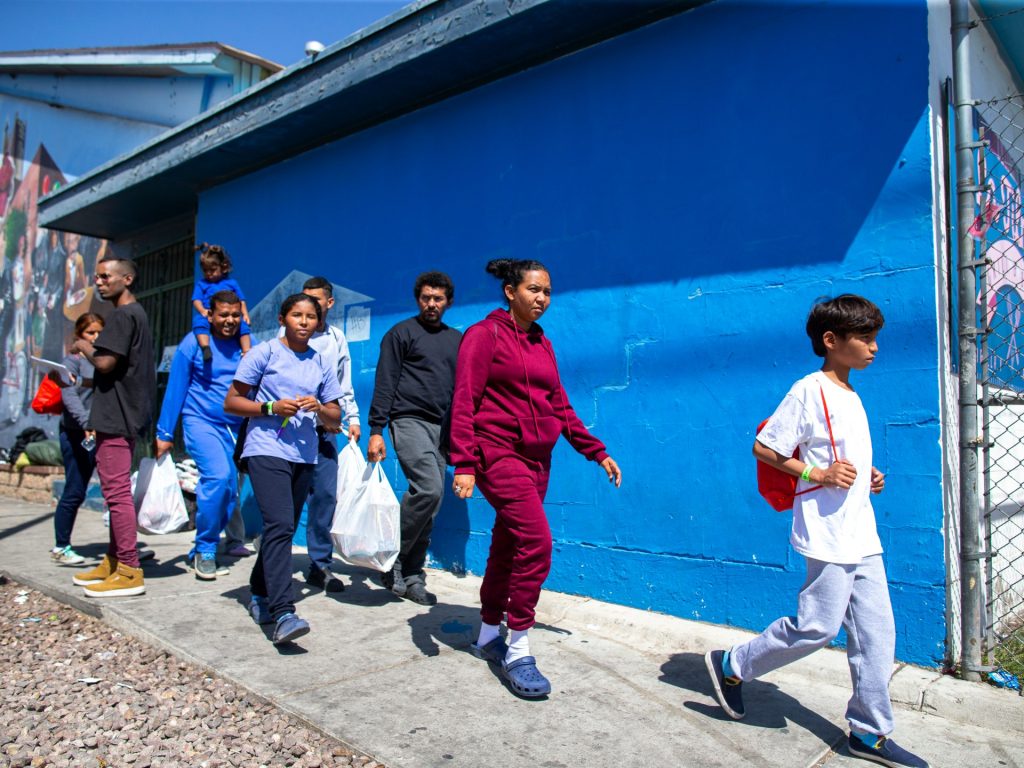The state of Texas is embroiled in a legal battle over a controversial new law, known as Texas Senate Bill 4 (or SB4), that would allow local authorities to arrest and detain migrants. The United States Supreme Court briefly allowed the law to go into effect on Tuesday, but a lower court blocked its implementation shortly afterwards, citing ongoing challenges over its constitutionality. The Texas Republican-led government is committed to defending the law in legal battles, while civil rights advocates are vowing to stop it from taking effect. The uncertainty surrounding the law has increased confusion and fear surrounding immigration in the US.
Community groups like the Workers Defense Project are concerned about the potential for racial profiling and other abuses of power under SB4. The organization is working to educate migrants and asylum seekers about their rights and provide them with emergency checklists to prepare for worst-case scenarios, such as deportation. The law would empower state and local authorities to detain individuals suspected of crossing into the US from Mexico, with those without legal documentation facing up to 20 years in prison. Mexico has condemned the law as inhumane, and rights advocates view it as the most draconian state legislation yet in relation to immigration.
As the legal battle over SB4 continues, Texas has continued to make arrests of illegal immigrants for criminal trespass. The state has also implemented initiatives like Operation Lone Star, a $12 billion program aimed at curbing the influx of migrants and asylum seekers at the border. The law has been criticized for the potential of heightened racial profiling, particularly in a state like Texas that has a diverse population where ethnic and racial minorities outnumber the white population. Advocates warn that communities with mixed families, including both US citizens and undocumented members, could face particular challenges under SB4.
Organizations like the League of United Latin American Citizens (LULAC) are working to raise awareness about the impact of SB4 on at-risk communities through massive communication campaigns and town hall meetings with local elected officials and law enforcement. SB4 is viewed as more extreme than previous laws, like Arizona’s SB 1070, and could potentially go all the way to the US Supreme Court. The law could set a precedent for other states to enact similar legislation that operates parallel and conflicting with federal immigration policies, leading to potential diplomatic crises with countries like Mexico.
The continued legal battle over SB4 is not just a matter of legality, but also affects the daily lives of migrants and asylum seekers in Texas. The uncertainty surrounding the law has led to discussions among affected communities about whether they need to take immediate action or even leave Texas. The potential impact of the law goes beyond legal debates and touches on questions of American values and the country’s identity as a nation of immigrants. Proponents of the law see it as upholding law and order, while opponents view it as a threat to the fundamental principles of equality and liberty that the US stands for.















